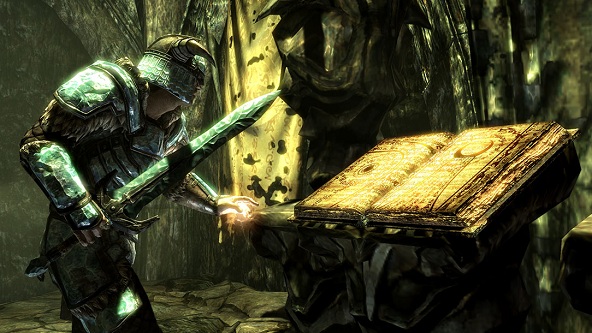To be honest, I always cringe a little when I hear someone say that they “taught themselves” how to do something. While the phrase has become a shorthand for saying “I learned this outside of the traditional classroom setting,” I can’t but help be bothered by the sense of arrogance that comes with the fact that it also seems like a shorthand for “I learned this without a teacher.”
There is always a teacher involved. Whether you learned that skill by reading books, following online tutorials, watching instructional videos, or reading articles online, someone had to create that content for you to consume.
One of the most amazing things about working in tech is that people tend to spend a lot of time either learning from others or helping others understand complicated skills. Anyone can become a “teacher” just by writing a single article or by giving a talk at a conference, and this promotes a really cool continuous-learning culture within the community.
But it worries me just how little attention we sometimes give to the teachers who create the content that we have become so dependent on for our professional development. Software engineers tend to take the availability and quality of this educational content for granted. Many people in this field describe themselves as “self-taught” rather than attributing their expertise to the individuals who they learned from.
This is a problem, not necessarily because it’s rude or self-centered behavior, but because we’re creating misleading expectations among students and upcoming engineers. We often trivialize how easy it is to learn new technologies by saying “oh yeah just do a Google search!” We act as if just any Google result is good enough to learn from, as if the quality of the educational content has no effect on one’s ability to master the material. We give off the impression that mastery is entirely dependent on our own intelligence, and so when students struggle, rather than questioning the quality of the content that they’re trying to learn from, they instead question their own intelligence and start contemplating whether they should just give up.
